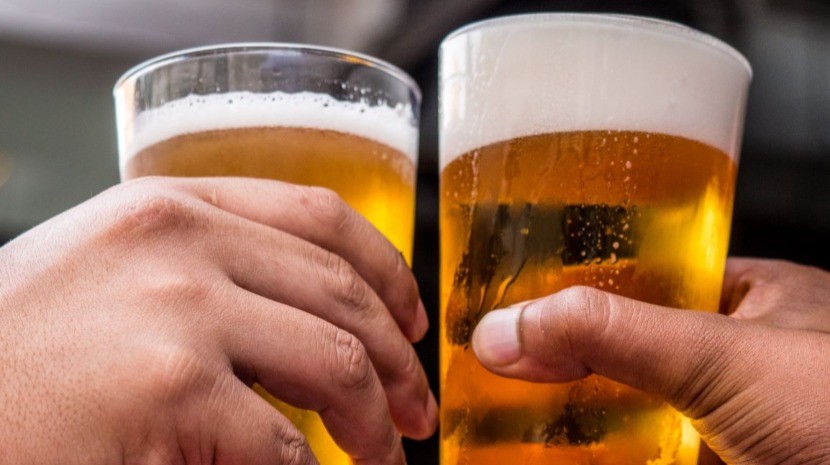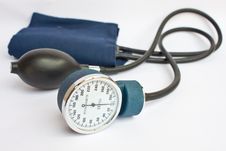Between January and October of this year, excessive alcohol consumption has already hospitalised 55 young people, mainly aged between 16 and 20, however acute alcohol poisoning has also affected teenagers as young as 14.
When asked by reporters to comment on the figures, Nelson Carvalho, from the Unit of Addictive Behaviours and Dependencies, censures the “great permissiveness of alcohol at a social level.”
A recent study shows that alcohol dependence in Portugal has increased by almost 50% in the last decade, but the demand for services has remained stable, the Portuguese Society of Alcoholology warned, arguing that greater intervention is needed to detect victims of alcohol abuse and treat them.
Citing data from the survey of the general population, promoted by the Service for Intervention in Addictive Behaviours and Dependencies (SICAD), Joana Teixeira told the Lusa agency that the prevalence of alcohol dependence increased from 3% in 2012 to 4.2% in 2022.
Despite this increase of almost 50%, the demand for services has remained “relatively stable in recent years”, which indicates that “it is not being properly accompanied by the signaling [of cases] and the proper referral to the structures,” said the psychiatrist, who was speaking to Lusa about the congress “Alcoholology in times of change,” promoted by SPA, which took place at the Centro Hospitalar Psiquiátrico de Lisboa (CHPL).
For Joana Teixeira, there must be simultaneously a strengthening of treatment structures, “which have not been properly endowed with resources in recent years,” and “a greater capacity for intervention when the disease is effectively established.”
“We have to detect these patients and treat them” to prevent an increase in diseases attributable to alcohol, such as liver cirrhosis and some neoplastic diseases.
The coordinator of the Alcoholology and New Dependencies Unit of the CHPL noted, however, an improvement in the detection of these cases and in the referral by some health centres, but still less than desirable. What is needed is the provision of health and resources, that are more than just prevention campaigns.
Although the majority of patients with alcohol dependence remain men (80%), there is an increase in alcohol consumption among women and young people.
“In young people, not only has consumption increased in quantity, but it has also increased at younger ages.” The spokesperson further stressed that “any alcohol consumption at this stage is very harmful to health,” because they do not yet have a fully formed nervous system.
Furthermore, concern was expressed about the number of drunk driving road accidents, advocating an incentive for prevention campaigns and an increase in enforcement: A case of act now to save the future.
On the theme of the congress, Joana Teixeira explained that SPA considers that it is in a moment “of change” with the creation of the Institute for Addictive Behaviours and Dependencies (ICAD) that will replace SICAD.
“The year 2023 has been marked by the reorganisation of the structure of services, addictive behaviours and dependencies, and the society thinks that this is really an opportunity to improve intervention in the area of alcohol-related problems.”
Samantha Gannon
info at madeira-weekly.com




